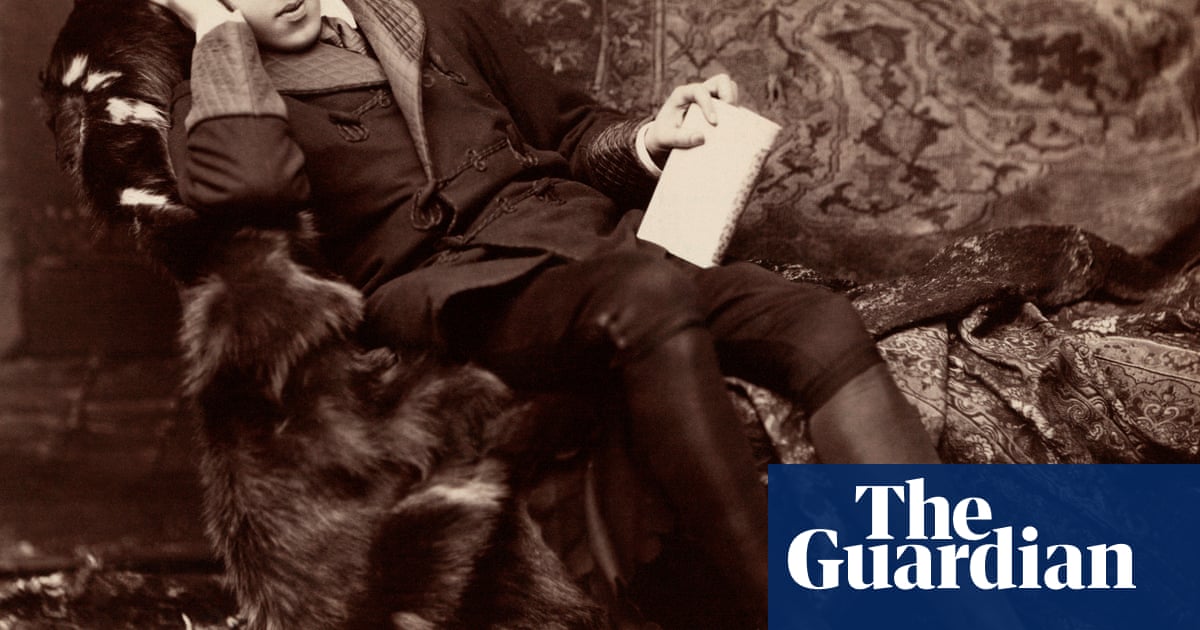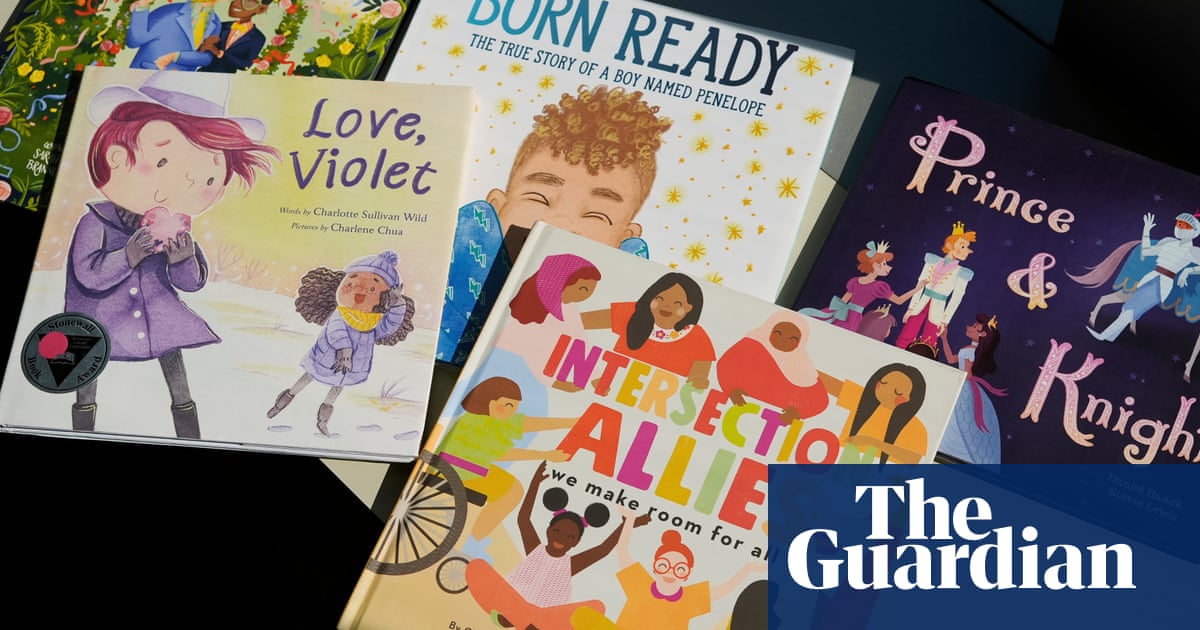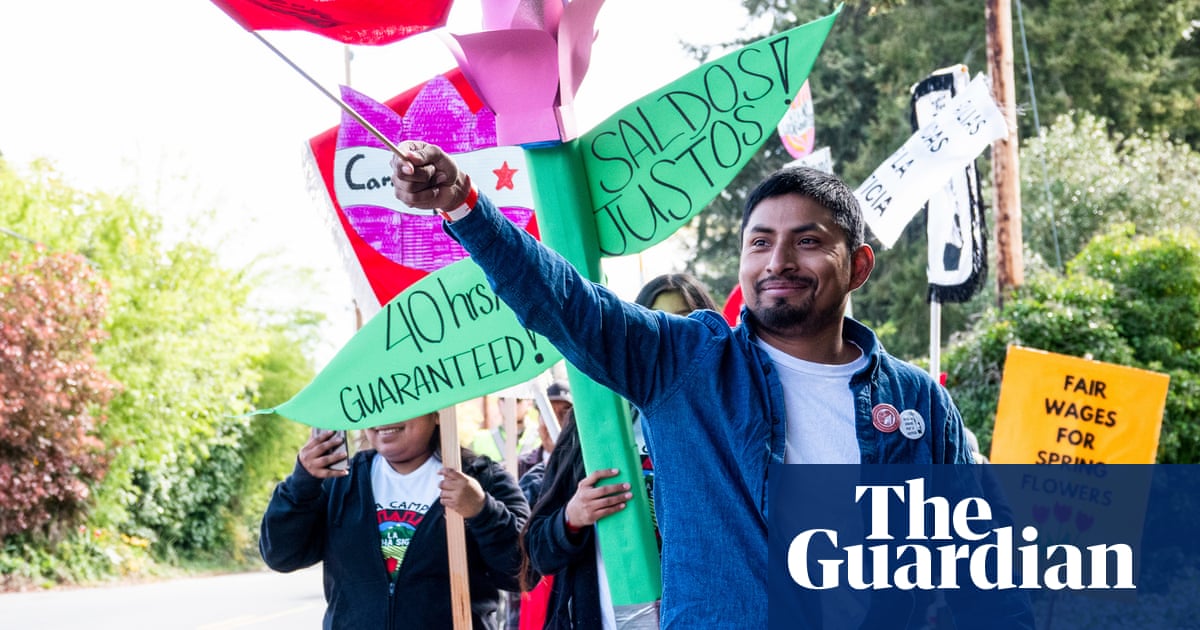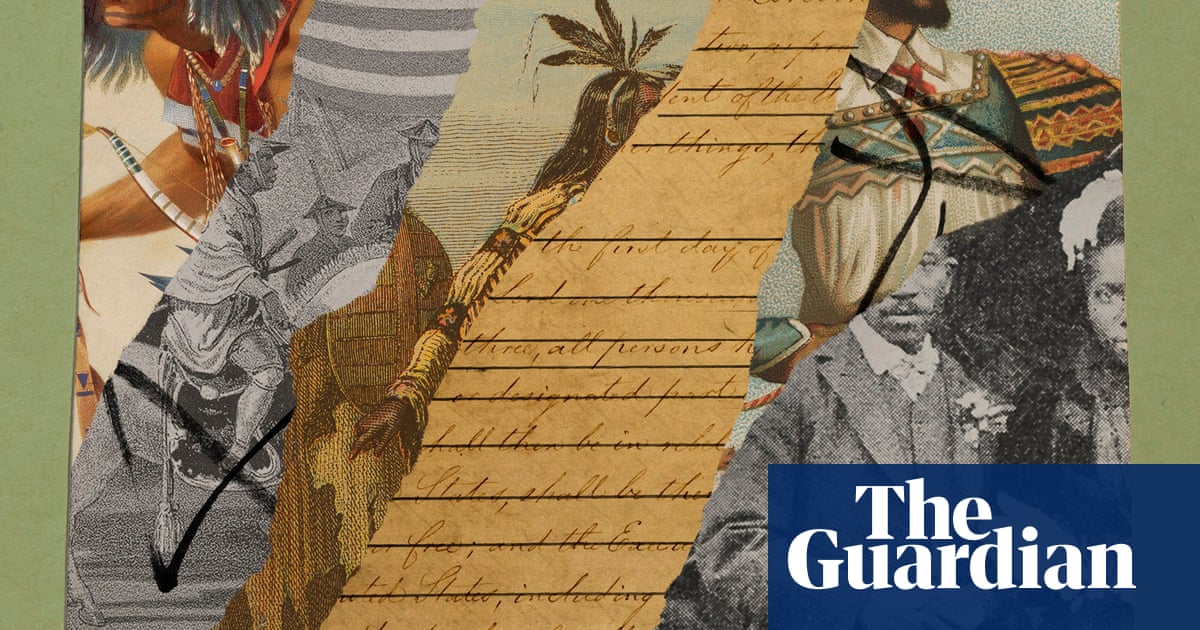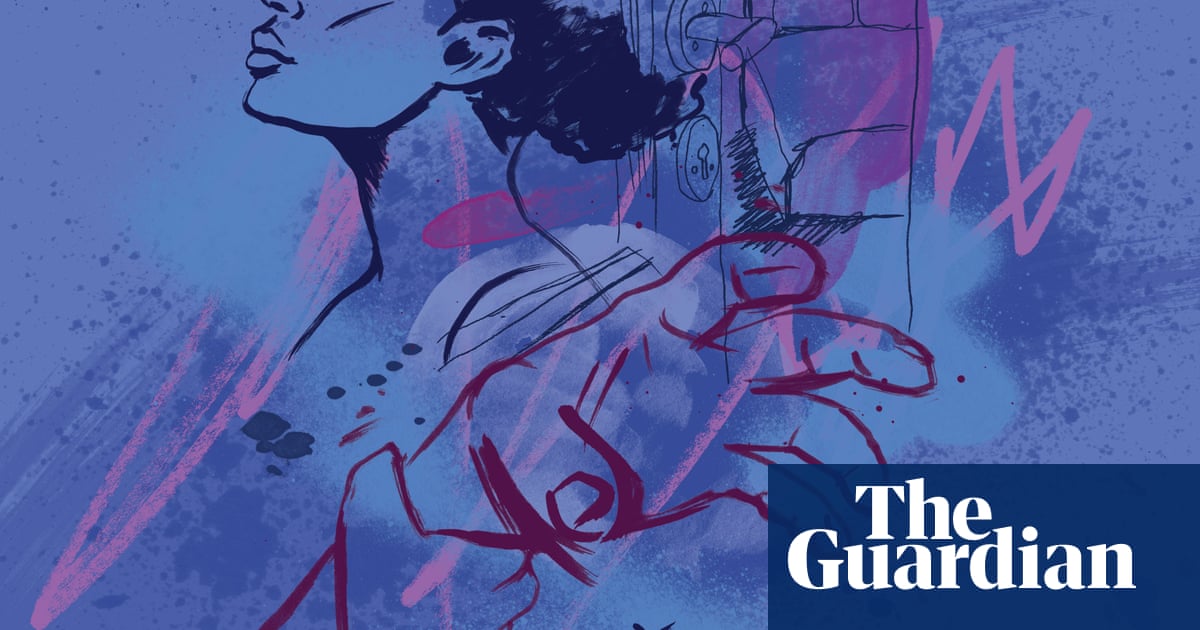The literature of the Troubles is a rich one, from Seamus Heaney’s North (1975), Jennifer Johnston’s Shadows on Our Skin (1977) and Bernard MacLaverty’s Cal (1983), to Eoin McNamee’s Resurrection Man (1994), Anna Burns’s Booker-winning Milkman (2018), and Louise Kennedy’s Trespasses (2022). The latest addition to the corpus, a slim debut story collection by nonbinary Northern Irish writer Liadan Ní Chuinn, shares the brilliance and burning energy of those other books, but there is a fundamental distinction. Ní Chuinn was born in the year of the Good Friday agreement, the 1998 power-sharing deal that delivered peace and brought an end to the Troubles; why, then, should their writing be so obsessed with them?
“I believe, these things, they’re the making of us,” a character says at one point. He’s talking about a dead friend, but his words might apply to Northern Ireland’s past 50 or so years. Throughout the book the violence of that period is shown to persist, the past proving powerfully, inconveniently alive. Tensions flare between those who attempt to ignore that fact and others who insist on it.
The narrator of the title story, Jackie, sometimes uses slashes to prevent him having to choose between alternative nouns: “It looks like a morgue/a nightmare and it smells like a butcher’s but with chemicals mixed in.” Ní Chuinn’s writing is often terse, blunt, its subject matter better served by urgency than elegance. Jackie is a young man haunted by the internment, before his birth, of his uncle and grandfather – also Jackie – and by loyalists having hijacked his parents’ car when his mother was pregnant with him.
When Jackie was a boy his father fell ill and appeared to enter a vegetative state. Ní Chuinn, a writer of subtlety despite the polemic that veins these stories, doesn’t push hard on the metaphor, but this “lax and unmoving” figure can be read as a symbol for a Northern Ireland that forgets its history. In fact, as another character – born, like Jackie, after the Good Friday agreement – insists later on, in Northern Ireland the past bears down on the present with such weight that it is an error to even call it history. Ní Chuinn forgoes an epigraph, but a lesser writer, one more in need of underlining their aims, would have reached for Faulkner’s lines from Requiem for a Nun: “The past is never dead. It’s not even past.”
There is space, though, for other concerns and registers. Novena features Moll, second-generation Irish with a father from East Timor. Her grandmother, who is literally keeping the faith, texts Moll: “Said special prayer. You should feel it in couple mins.” But the church she attends announces the impossibility of single funerals owing to a lack of priests, and its congregants listen to hymns on CD because “there is no choir”. In the story Russia, which centres on a brother and sister adopted from that country, a psychic asks her client why he’s come. Aren’t you supposed to know? he answers. “The psychic says: Everyone, no word of a lie, every single person says that. You’ve, none of youse, you’ve no concept of how this works.” Ní Chuinn’s humour flashes brighter for its infrequent use.
The same story describes a series of anonymous protests at a museum. Flowers of remembrance are being left at exhibits containing human remains: the preserved corpse of an ancient Egyptian, a Viking skull, a stone age woman’s bones. This broadens the book’s preoccupation with the past while simultaneously, in the manner of Heaney’s bog poems, linking ancient instances of violence with the sectarian murders committed within living memory.
Not everyone is willing to have such connections pointed out. In the closing story, Daisy Hill, a young man’s obsession with the Troubles exasperates his family. “I’m sick of this, right, Rowan?” his cousin Shane says. “It happened, right? It happened, two sides, either side, both, it happened, it stopped.” Rowan rejects not only the urge to leave the past behind, but Shane’s characterisation: “I hate that, says Rowan. It’s not both sides, it’s not either side, it’s this huge fucking army, it’s this huge fucking state, this government that does whatever it wants, that just, that, they can kill us, and kill us.” Reading this book as the Israeli state kills unprecedented numbers of Palestinian civilians in Gaza feels particularly difficult, but also valuable – or as valuable as reading can be in the circumstances.
Ní Chuinn’s stories are unpredictable and memorable. While they contain the stuff of plots – family secrets, abuse, fraudulent fertility clinics and human trafficking – these aren’t their true subjects, and they almost entirely lack the resolution provided by that familiar short-story trait, the epiphany. Rather than accounts of revelation, these are reports from the knotty midst of things. They describe entanglements that cannot be ignored or consigned to history.
after newsletter promotion
Daisy Hill ends with a threnody subtitled The Truth, nine pages detailing more than 50 murders of Northern Irish civilians by British soldiers. Ní Chuinn quotes a Conservative government minister’s contemporary praise for the impartiality and professionalism with which British soldiers performed their duties. “The British state,” Ní Chuinn writes, correcting the record, “kills and it kills and it kills and it kills.” This extraordinary book’s final words – “nobody is ever charged” – jam open the door to a past many would prefer to remain shut away.

 5 hours ago
3
5 hours ago
3

